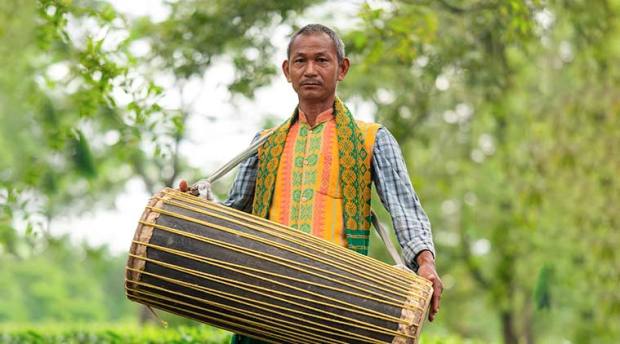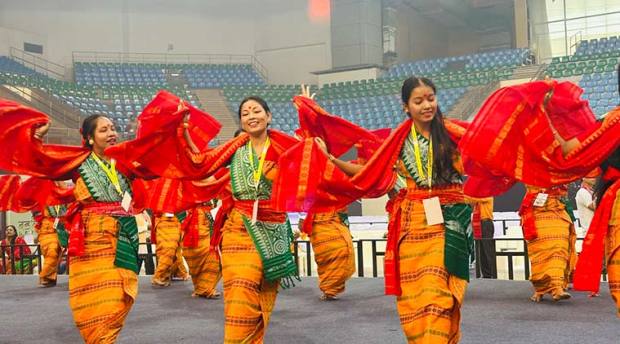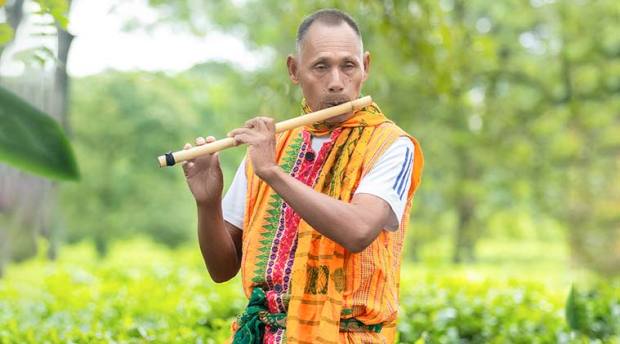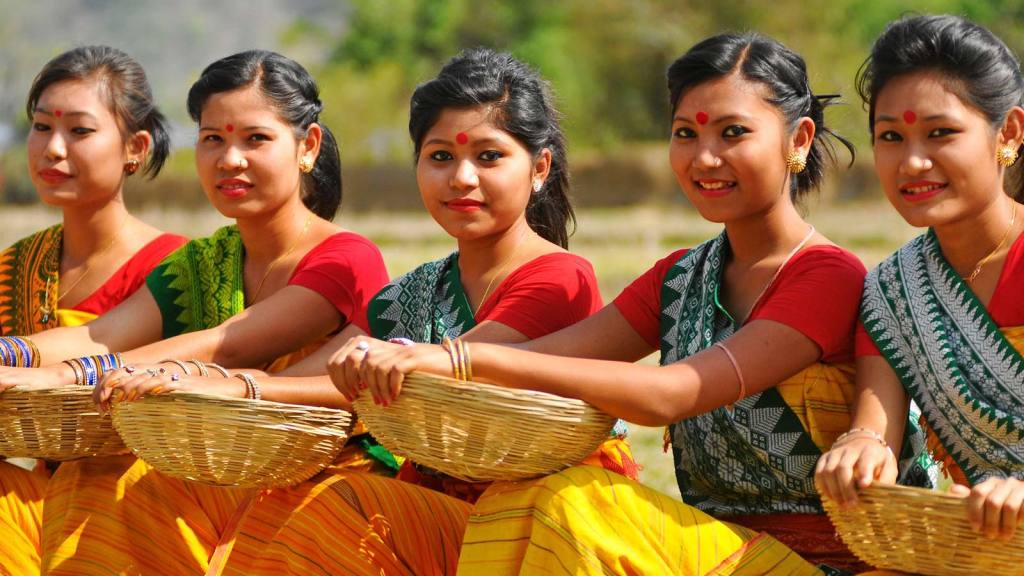Rich in natural beauty, indigenous culture, and biodiversity, Bodoland offers travelers an immersive experience that blends adventure with an opportunity to engage deeply with local traditions. Bodoland Tourism aims to promote sustainable travel while preserving the rich cultural heritage of its indigenous communities. From lush forests and serene rivers to vibrant festivals and adventure activities, Bodoland is a haven for nature lovers, adventure seekers, and culture enthusiasts alike. In this untouched paradise, every journey reveals a new story.
A Region of Natural Splendor
Bodoland’s landscape is a vibrant mix of lush forests, flowing rivers, and rolling hills. Home to the Manas National Park, a UNESCO World Heritage Site, the region boasts rich biodiversity, including iconic species such as tigers, elephants, and the rare golden langur. The park also forms a crucial part of community tourism efforts, where conservation and livelihoods intersect to provide unique eco-tourism experiences.
Travelers can enjoy safaris, birdwatching, and guided treks, all led by local guides who offer insights into the region’s delicate ecosystems. These initiatives not only provide sustainable employment opportunities but also foster a collective effort to protect wildlife.
Embracing Indigenous Culture
The Bodo people, an indigenous community with a rich cultural heritage, are at the heart of community tourism in Bodoland. Visitors are welcomed with the warm hospitality typical of the Bodo culture. Staying in homestays and participating in daily village life gives tourists a chance to experience authentic traditions.

One highlight is witnessing the Bwisagu festival, a vibrant springtime celebration marked by traditional dance, music, and feasts. The art of weaving, another cornerstone of Bodo culture, is showcased through community-run workshops, where visitors can learn about the intricate patterns of the Dokhona (traditional attire) and even try their hand at the craft.
Adventure with a Local Touch
Bodoland offers a range of outdoor activities, from trekking in the Chakrashila Wildlife Sanctuary to rafting on the roaring rivers. What sets these experiences apart is the involvement of local communities as guides and facilitators, ensuring that tourism benefits the people who know the land best.
Culinary Tourism
A visit to Bodoland isn’t complete without indulging in its culinary offerings. From the tangy Narzi (a meat dish made with dried jute leaves) to the refreshing Zu Mai (rice beer), every meal is a testament to the region’s agricultural bounty. Culinary tourism initiatives, often hosted by women-led cooperatives, provide travelers a chance to enjoy home-cooked meals while learning about sustainable farming practices.
Challenges and Opportunities
While community tourism in Bodoland holds immense promise, it faces challenges such as limited infrastructure and the need for greater promotion. However, organizations like the Bodoland Tourism Development Society and grassroots NGOs are actively working to build capacity and improve accessibility.
Community-Based Tourism Initiatives in Bodoland
1. Homestays and Village Tourism
Bodoland offers a network of homestays run by local families, allowing travelers to experience the authentic lifestyle of the Bodo people. These stays not only provide income for locals but also foster cultural exchange. Some key villages promoting tourism include Darrangamela, known for its scenic beauty and proximity to Bhutan, and Ultapani, a biodiversity hotspot.
2. Traditional Craft Workshops
The Bodo people are renowned for their exquisite handwoven textiles. Community-led weaving workshops allow visitors to learn the craft of making Dokhonas and Aronais (traditional garments) while supporting local artisans. These programs help preserve traditional weaving techniques and create sustainable livelihoods.

3. Conservation Through Tourism
Eco-tourism plays a pivotal role in conserving Bodoland’s natural heritage. The Manas Maozigendri Ecotourism Society (MMES) is a stellar example, empowering locals to engage in wildlife conservation while offering unique experiences like guided safaris, birdwatching, and nature treks. Similar initiatives are being introduced around Raimona National Park, Bodoland’s newest addition to Assam’s protected areas.
4. Festivals as Tourism Highlights
Bodoland’s festivals serve as a vibrant showcase of its culture. The Dwijing Festival, for example, is not just a cultural extravaganza but also promotes local products, adventure sports, and culinary tourism. Similarly, initiatives like the Bhairabkunda Tourism Festival emphasise eco-tourism, with activities like jungle safaris and showcasing indigenous arts.
5. Promoting Agri-Tourism
Farm visits are a rising trend in Bodoland, where travelers can learn about traditional Bodo farming techniques, particularly the cultivation of rice, mustard, and vegetables. These experiences often include participation in local farming activities, offering a deeper connection to the land and its people.
6. Adventure Tourism Development
Community involvement in adventure tourism is growing, with locals trained as guides and facilitators for activities like trekking, rafting, and paragliding. Villages near adventure hubs like Bogamati, Dang Dufur Hill, and Baukhungri Hill actively participate in organizing events and maintaining facilities.

Why Choose Community Tourism in Bodoland?
Community-based tourism allows visitors to contribute directly to the socio-economic development of the region. By engaging with local communities, travelers play a role in preserving Bodoland’s unique cultural and natural heritage.
For those seeking a meaningful and off-the-beaten-path experience, Bodoland offers a perfect blend of adventure, culture, and sustainability. It’s a chance to step into a world where every interaction leaves a lasting impression—on both the visitor and the host community.
So, pack your bags and head to Bodoland, where every journey tells a story of connection and conservation.
Disclaimer:
This article contains sponsored content that may not reflect the independent opinion or views of FinancialExpress.com. Further, FinancialExpress.com cannot be held responsible for the accuracy of any information presented here. Please consult a certified financial advisor before making any decisions based on this article.

